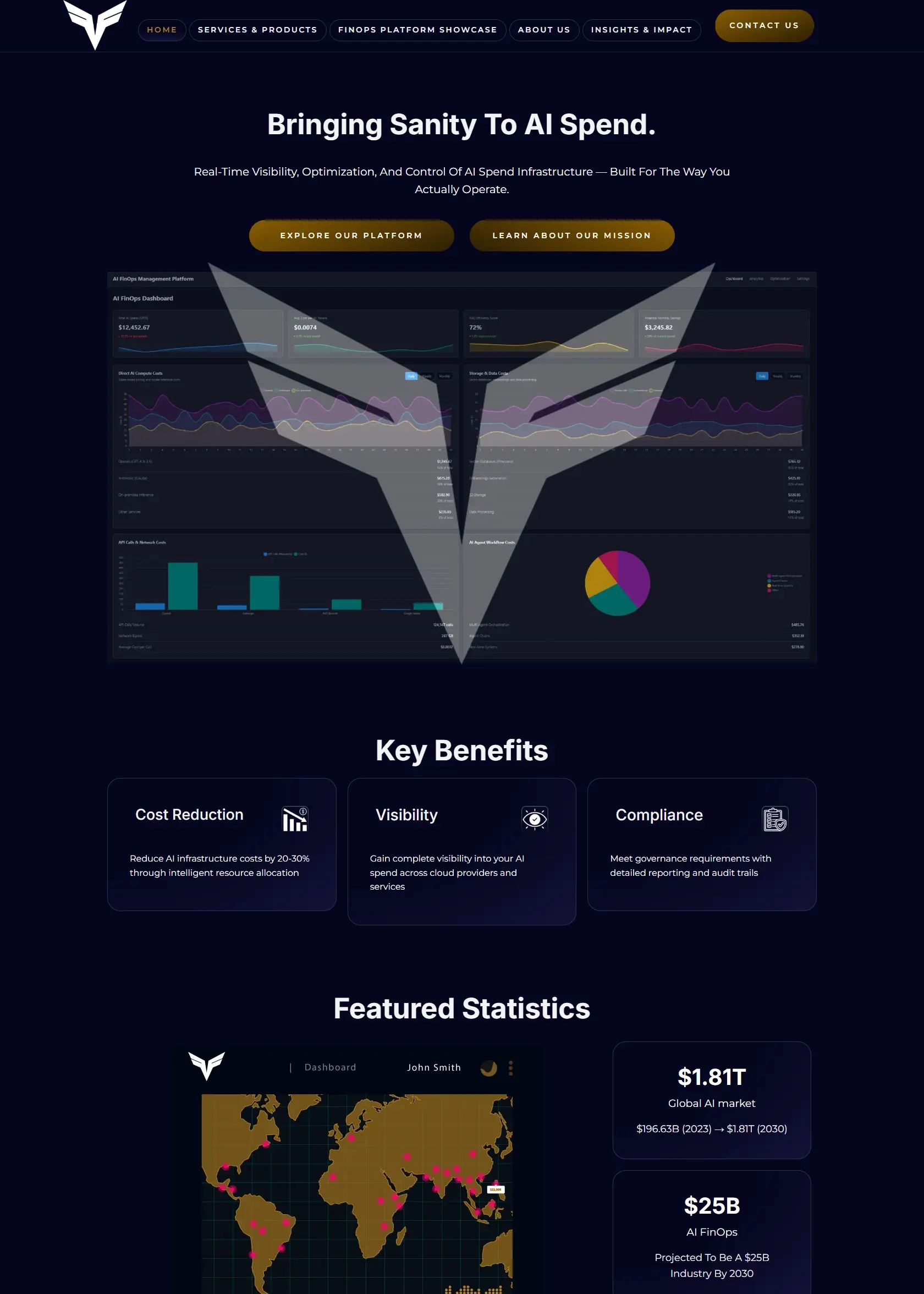Penalties from Google can often be the result of honest mistakes in SEO practices. While no one intentionally violates SEO rules, careless or misunderstood strategies can lead to penalties that negatively impact rankings. In this article, I’ll walk through real-life examples of SEO mistakes that led to penalties, and how you can avoid them in your own SEO efforts.
Link-Leveraged Business Relationships
The Problem:
Businesses often form relationships where they exchange links to help boost each other’s SEO efforts. One common example is placing a reciprocal link in the footer of each other’s websites. While this may seem like a mutually beneficial strategy, it can backfire.
In one case, a website called AM Store added a footer link to a partner site, FaithCard. Over time, this resulted in 16 million backlinks, with each page on AM Store linking to FaithCard’s homepage. While the intent was to help both sites, it triggered a penalty due to the high volume of suspicious backlinks, unnatural link velocity, and footer link positioning.
Footer links, especially those from the same site, can raise red flags with Google’s algorithm. When this happened, FaithCard’s site was hit with a manual penalty. The danger of reciprocal linking, especially in footer areas, is that it can appear manipulative or spammy, which is penalized by search engines.
The Solution:
The best way to resolve this issue is for the partner site to remove the footer link to the penalized site. A link removal can help mitigate the penalty faster, as opposed to simply using the disavow tool.
Affiliate Programs
The Problem:
Affiliate marketing can be beneficial for SEO, but if not done correctly, it can hurt your rankings. Many businesses engage in affiliate relationships to promote products, but improper implementation can raise red flags for search engines. If affiliate links aren’t managed properly, they can be seen as manipulative, leading to potential penalties.
The key to running a successful affiliate program is to do it in a way that Google recognizes as legitimate. Having a clean and well-organized affiliate strategy can protect your site from penalties.
Best Practices for Affiliate SEO:
- Work with trusted affiliate providers to manage your affiliate program.
- Create dedicated landing pages for major affiliates to keep content organized and relevant.
- Regularly check your affiliate links to ensure they’re working properly and not broken. Broken links should be redirected to maintain site integrity.
By following these best practices, you can ensure that your affiliate program supports your SEO efforts instead of undermining them.
Conclusion
In SEO, it’s important to approach practices like link exchanges and affiliate marketing with caution. Even well-intentioned actions can result in penalties if they are not done correctly. To avoid penalties, focus on natural link-building, carefully manage affiliate programs, and always test the integrity of your links.



